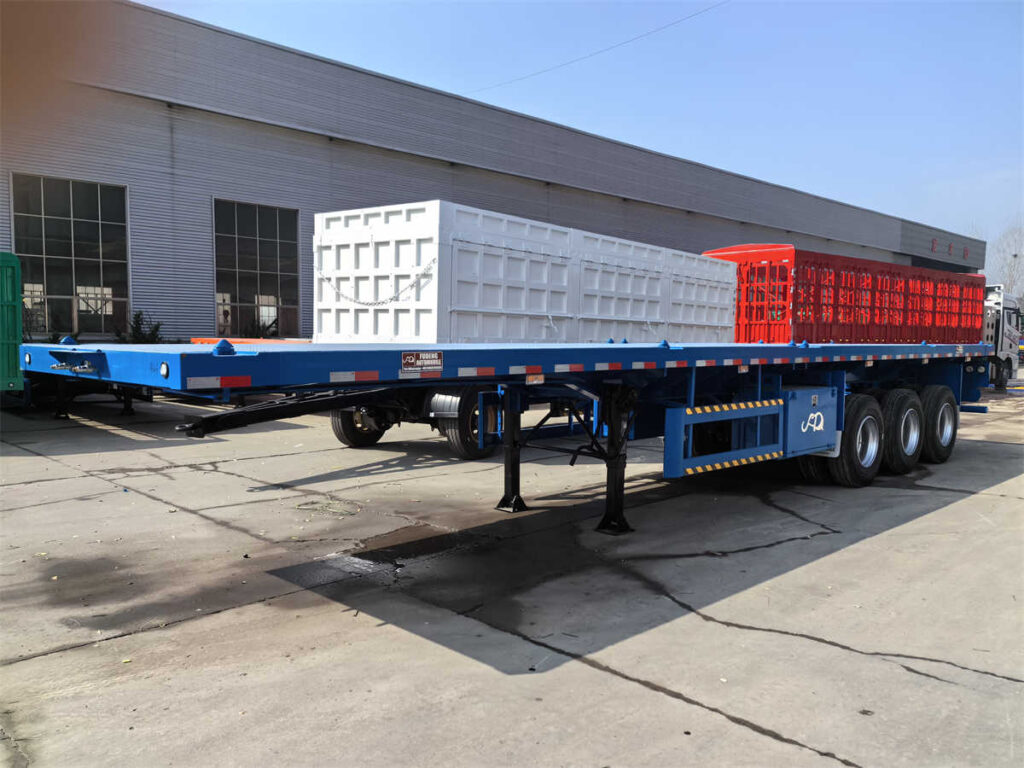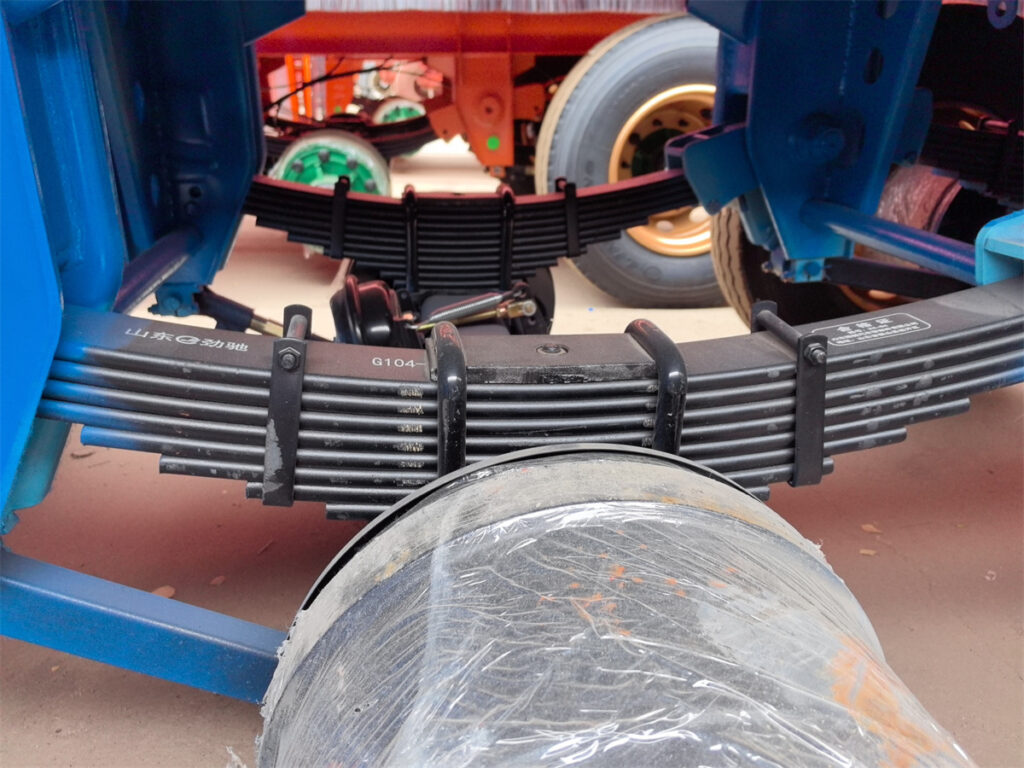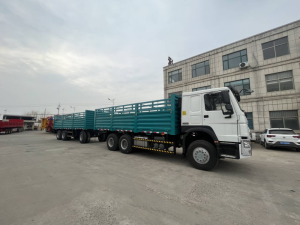One of the trailer accessories, the suspension system, is the general term for all the force transmission connection devices between the car frame and the axle or wheel. Its function is to transmit the effect. In addition to mechanical suspension, trailer suspension is also called suspension ears, axle supports, etc. by many people. The force and torque between the wheels and the frame, as well as buffering the impact force transmitted from uneven road surfaces to the frame or body, and attenuating the resulting vibration to ensure smooth driving of the car. The function of the suspension system is to support the body and improve the riding experience. Different suspension settings will give drivers different driving experiences. The seemingly simple suspension system combines multiple forces to determine the stability, comfort, and safety of the trailer, and is one of the key components of modern trailers.

Trailer suspension systems are crucial for providing stability, comfort, and safety when towing. They help manage the load and absorb shocks from the road, preventing excessive bouncing and swaying. There are several types of trailer suspension systems, each with its own advantages and applications:
Mechanical suspension: Mechanical Suspension: Mechanical suspension usually consists of springs and shock absorbers, with a relatively simple structure. It provides stable suspension and traveling characteristics for the vehicle, making it suitable for general cargo transportation. Mechanical suspensions are relatively inexpensive to manufacture and maintain, making them an ideal choice for transport solutions that require an affordable price tag.
Air Suspension: Air suspension supports the vehicle through air pressure, offering excellent adjustability. It can modify the suspension height and stiffness according to the load condition, providing a smoother ride and better suspension comfort. This is especially beneficial on uneven road surfaces or when there are large changes in the load. Air suspension is suitable for the frequent transport of goods of varying weights or for long hours of continuous operation, as it reduces vibration and impact on the goods, helping to protect both the cargo and the vehicle structure.

Each suspension has its own advantages and disadvantages, and you can choose according to your own needs and purposes.

